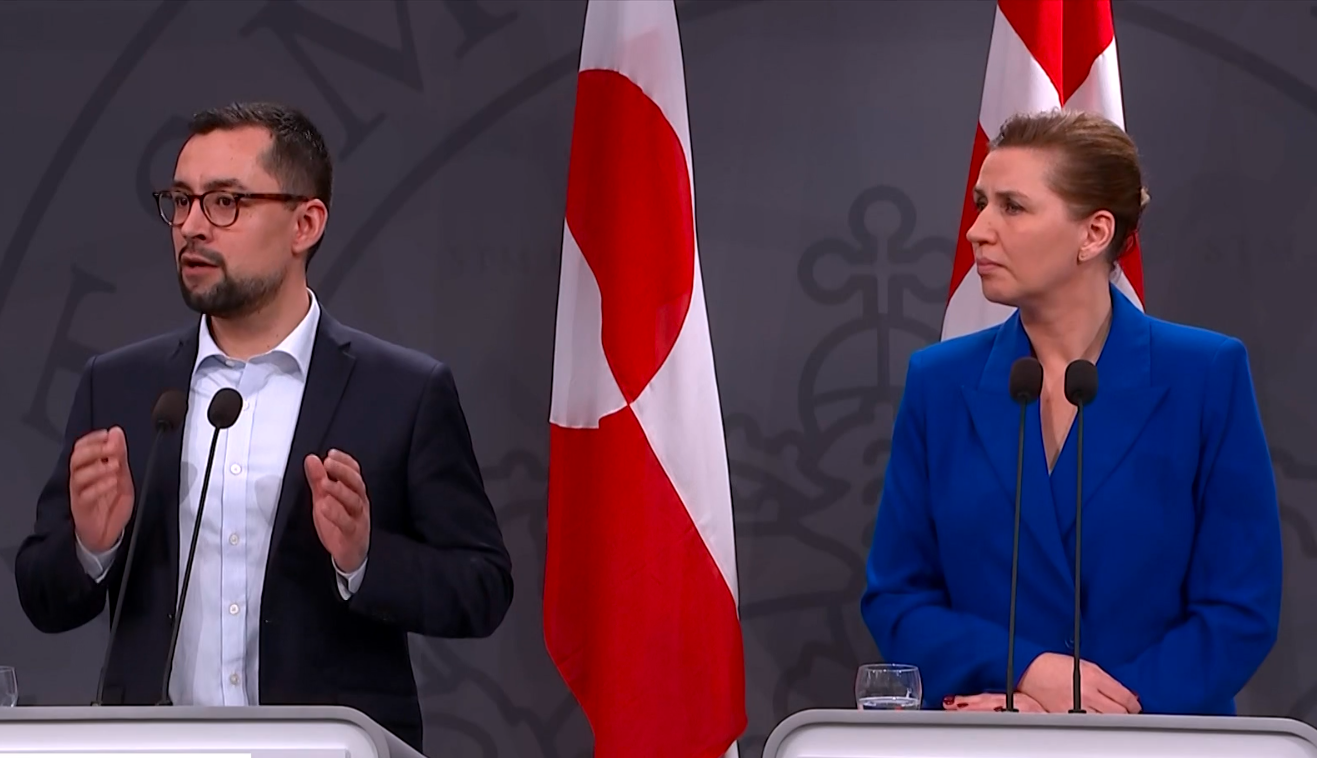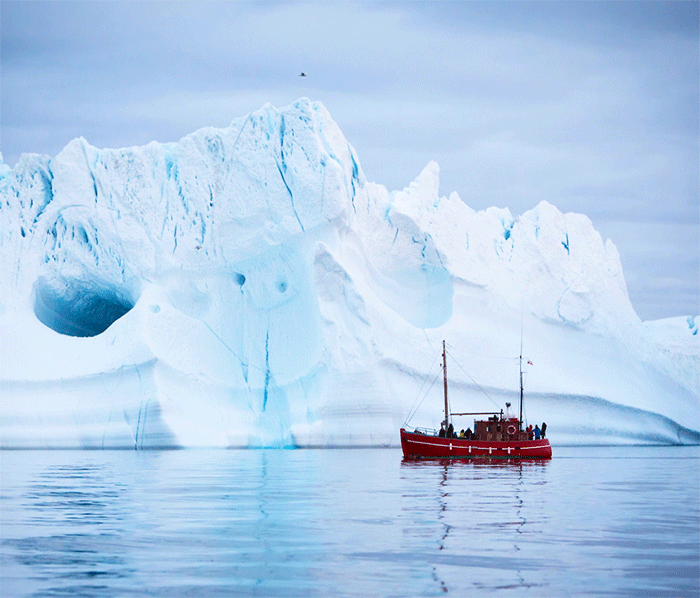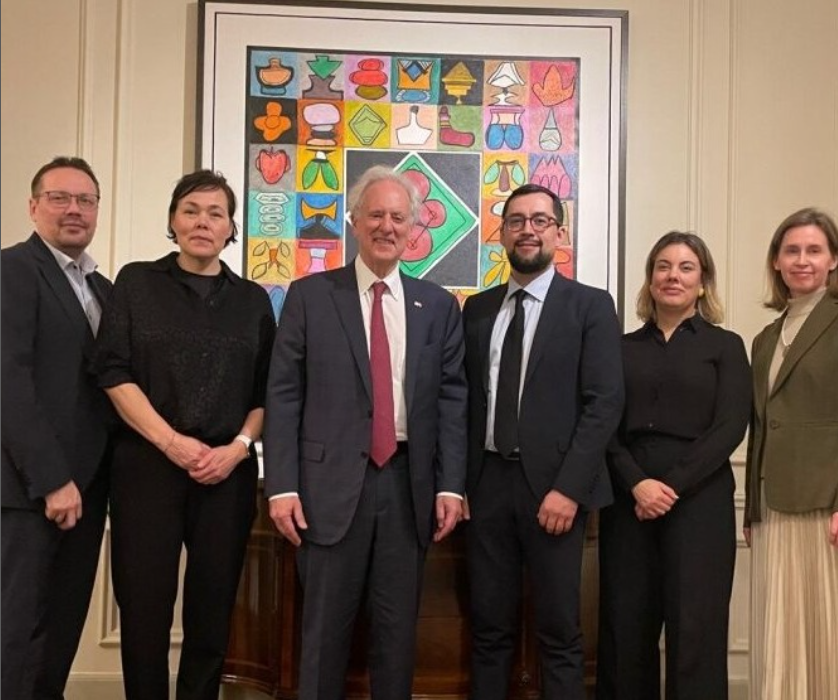Greenland’s parliament will once again debate a controversial law that would relax a number of regulations for companies establishing mines and other raw materials operations in the self-governing territory.
The law would allow companies working on projects valued at over 5 billion kroner to enter into agreements with foreign trade unions, possibly circumventing union rules in both Greenland and Denmark.
Union heads in both countries said the law would allow companies to import underpaid foreign labour, a practice known as social dumping. For example, Chinese construction companies working in Greenland would be able to hire thousands of Chinese nationals working on Chinese contracts.
Proponents of the law argue it is necessary to relax regulations in order to make it easier to attract companies to invest in mining operations in Greenland, where operations can be expensive to establish and operate due to a lack of infrastructure and harsh weather conditions.
The original version of the law was passed in December 2012 when former premier Kuupik Kleist’s IA government was still in power. MPs from the main opposition party Siumut all abstained from voting at that time and pledged that if they regained power in the 2013 general election, they would call for a new vote on the law.
In March, Aleqa Hammond, the head of Siumut, defeated Kliest in the general election. And now Jens-Erik Kirkegaard, her trade minister, has offered up a new version of the law that makes concessions to the unions on holiday and disability pay and strengthens requirements to hire Greenlanders whenever possible. The new version of the law would also require that unskilled labourers be paid the equivalent of Greenland’s minimum wage.
Union scepticism
Trade union representatives said the revisions do not go far enough.
“We are concerned about the way the law is structured,” Kaalina Switch, the head NPK, a teacher’s union, told Politiken newspaper. “The possibility that foreign miners could still use agreements from abroad is too great.”
SIK, Greenland’s largest trade union, lukewarmly supported the law, but Jess G Berthelsen, the union’s leader, told Greenlandic media that he remains concerned about the prospect of a “significant pay gap” between Greenlandic and foreign workers.
A spokesperson for Denmark’s 3F trade union said the language of the law was still too broad and left too much room to underpay foreign workers.
Kirkegaard countered that the law would secure investments while at the same time “build skills in the community, create jobs and encourage our young people to further their education”.
Establishing large scale mining operations in Greenland would require first building basic infrastructure, such as roads, power plants and port facilities. Greenland, with a population of 55,000, would be unable to provide the necessary labour for the projects.














